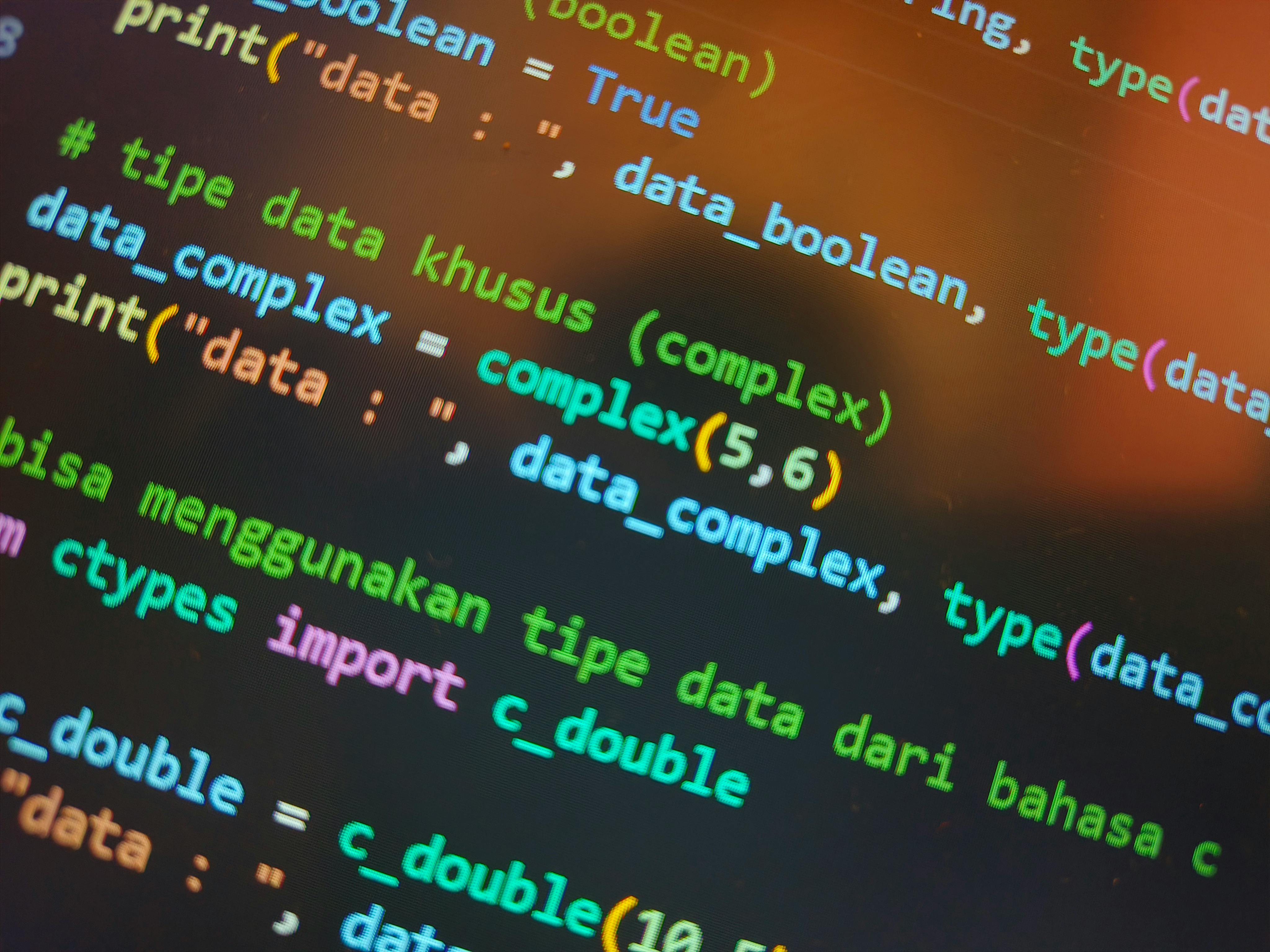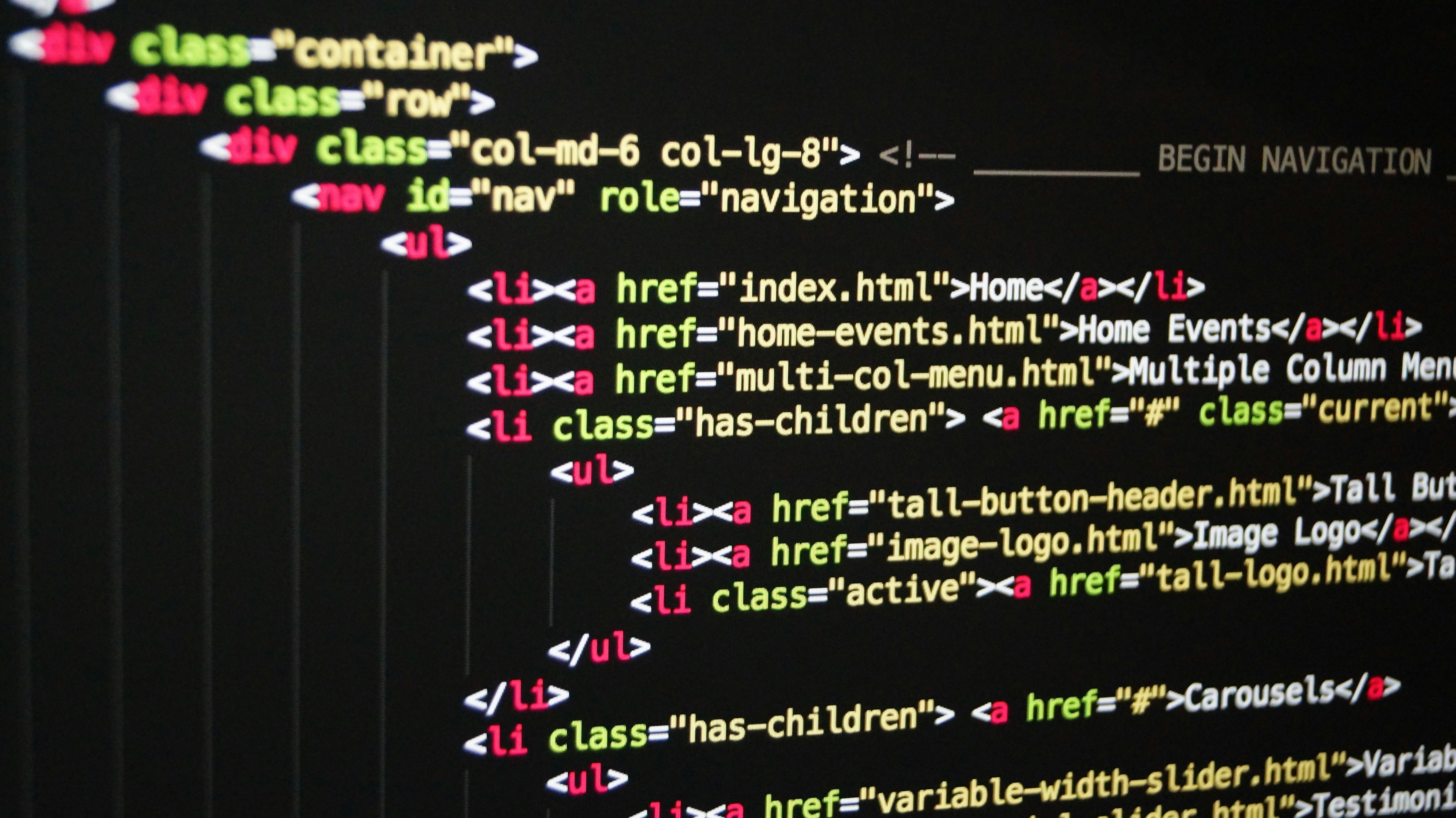Why You Should Learn C++
C++ is a highly respected and widely-used programming language that has maintained its relevance and popularity for decades. It is often considered a badge of honor among software developers due to its complexity and power. Learning C++ can significantly boost your career prospects, as it's a language that frequently appears on job descriptions and resumes, often leading to interviews.
The Enduring Popularity of C++
C++ has been consistently ranked among the top 5 programming languages by popularity and has remained in the top 10 for nearly 20 years. This level of stability speaks to its importance in the software development world.
A substantial portion of modern software is still written in C++. A quick search on GitHub reveals thousands of active C++ repositories, while platforms like Stack Overflow showcase a vibrant community of C++ developers.
Industry Adoption
Many well-known software products are developed with C++, including operating systems like Windows, Linux, and macOS. It's also the backbone of popular software like Adobe Photoshop, Illustrator, MySQL, and MongoDB.
Tech giants like Amazon, Apple, Microsoft, Google, Facebook, Oracle, and PayPal rely on C++ for many of their products and research. With such widespread use across top companies, learning C++ opens the door to numerous career opportunities.
The Power of C++
The primary reason to learn C++ is its sheer power. As a general-purpose programming language, C++ supports both procedural and object-oriented programming, offering a level of flexibility that other languages may lack.
C++ is known for its speed, scalability, and portability. These qualities make it the language of choice for performance-critical applications. Its influence on other programming languages is profound, so mastering C++ can help you understand and adapt to many other languages more easily.
C++ in the Real World
Most major programming languages have mechanisms to interface with C++ code, underscoring its enduring influence and utility in the software world. If you know C++, you will often recognize its elements in new languages, making it easier to learn them.
How Can a Beginner Learn C++?
To effectively learn C++, it's important to find a well-structured course with an experienced instructor. Frank Mitropolous, the instructor of this course, has over two decades of experience with C++ and has taught both university-level and industry training courses. His background includes working on C++ compiler development, so you're learning from someone who not only understands the language deeply but also knows how to teach it effectively.
Which Version of C++ Should You Learn?
Over the years, C++ has gone through many updates and releases. Unfortunately, many courses still focus on outdated versions. This course emphasizes **Modern C++**, equipping you with the skills needed for today’s programming environment.
What Will You Learn?
This course assumes no prior experience with programming or C++, making it perfect for beginners. By the end of the course, you'll have the ability to create your own C++ programs.
Key topics covered include:
- Looping constructs such as `while`, `do/while`, `for`, range-based `for`, and recursion
- Performing calculations and displaying output
- Functions
- Pointers
- Working with existing classes and creating objects
- Creating your own classes
- Using basic Standard Template Library (STL) classes like `vector`
- Constructors and destructors
- Copy and move semantics, including copy constructors, move constructors, and copy/move assignment
- Operator overloading
- Inheritance and class hierarchies
- Polymorphism and dynamic binding
- Smart pointers
- Stream I/O
- Introduction to the C++ Standard Template Library (STL)
- Exception handling











